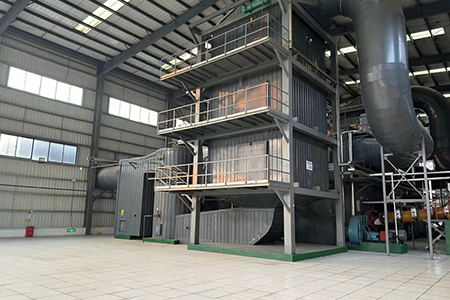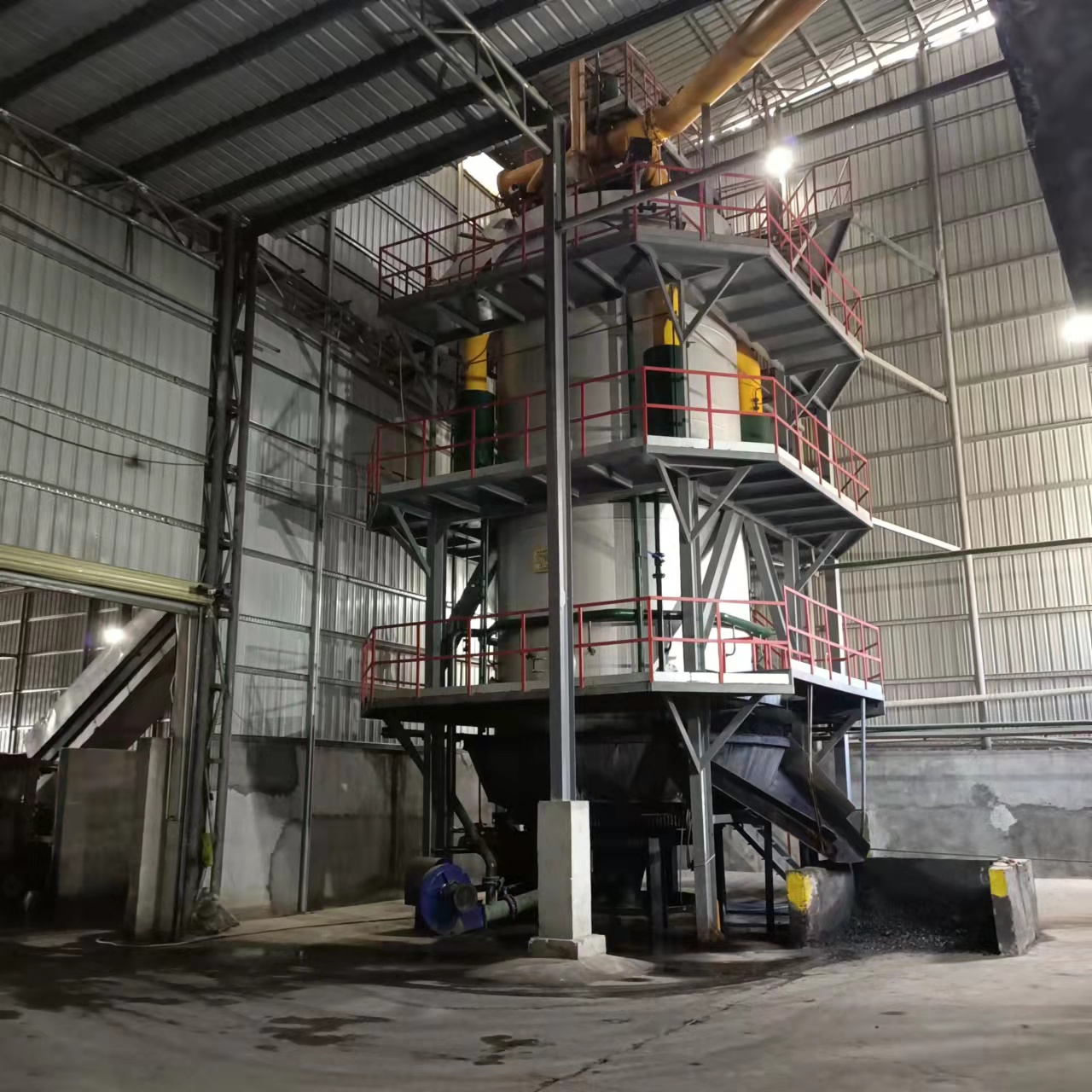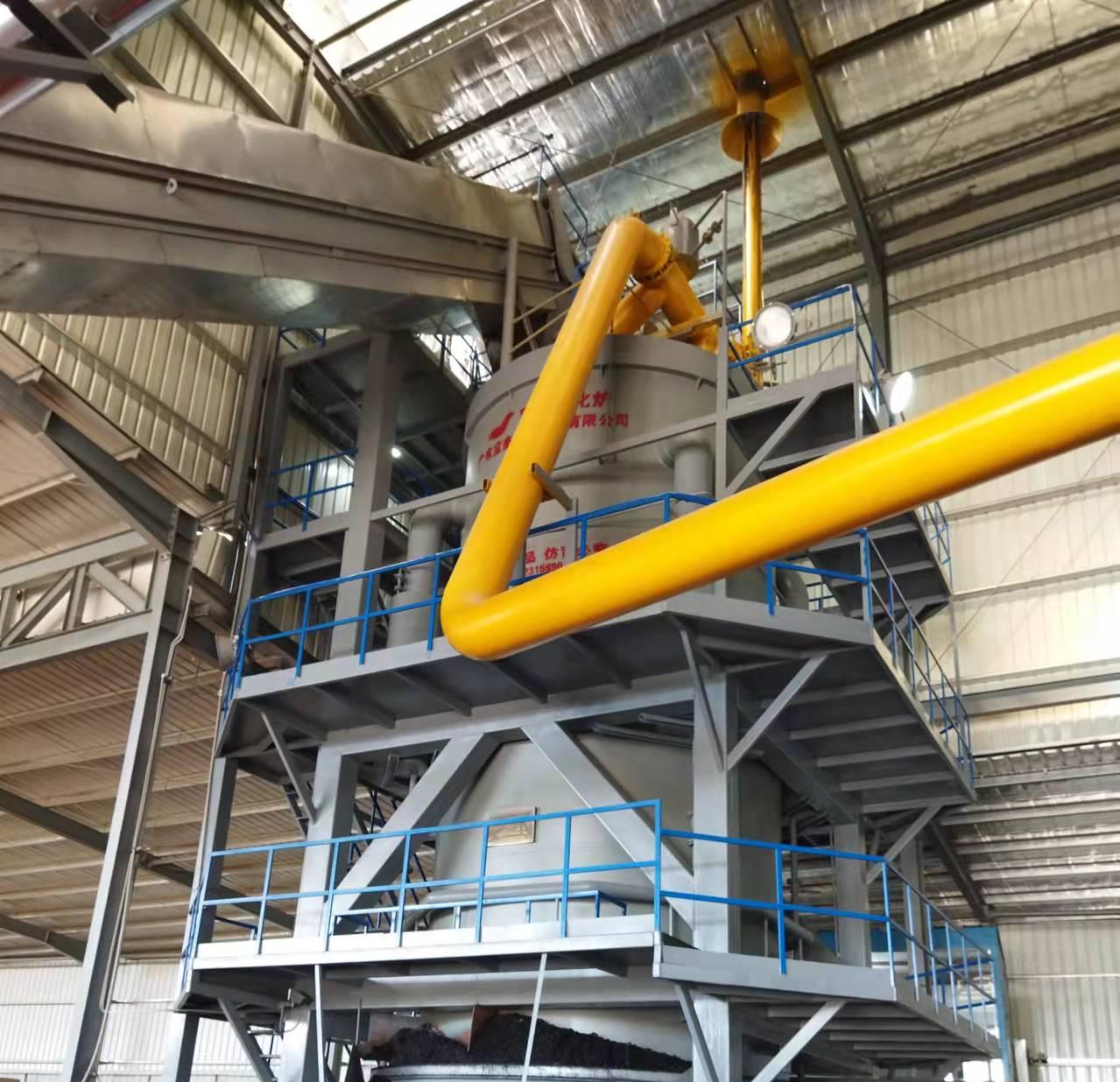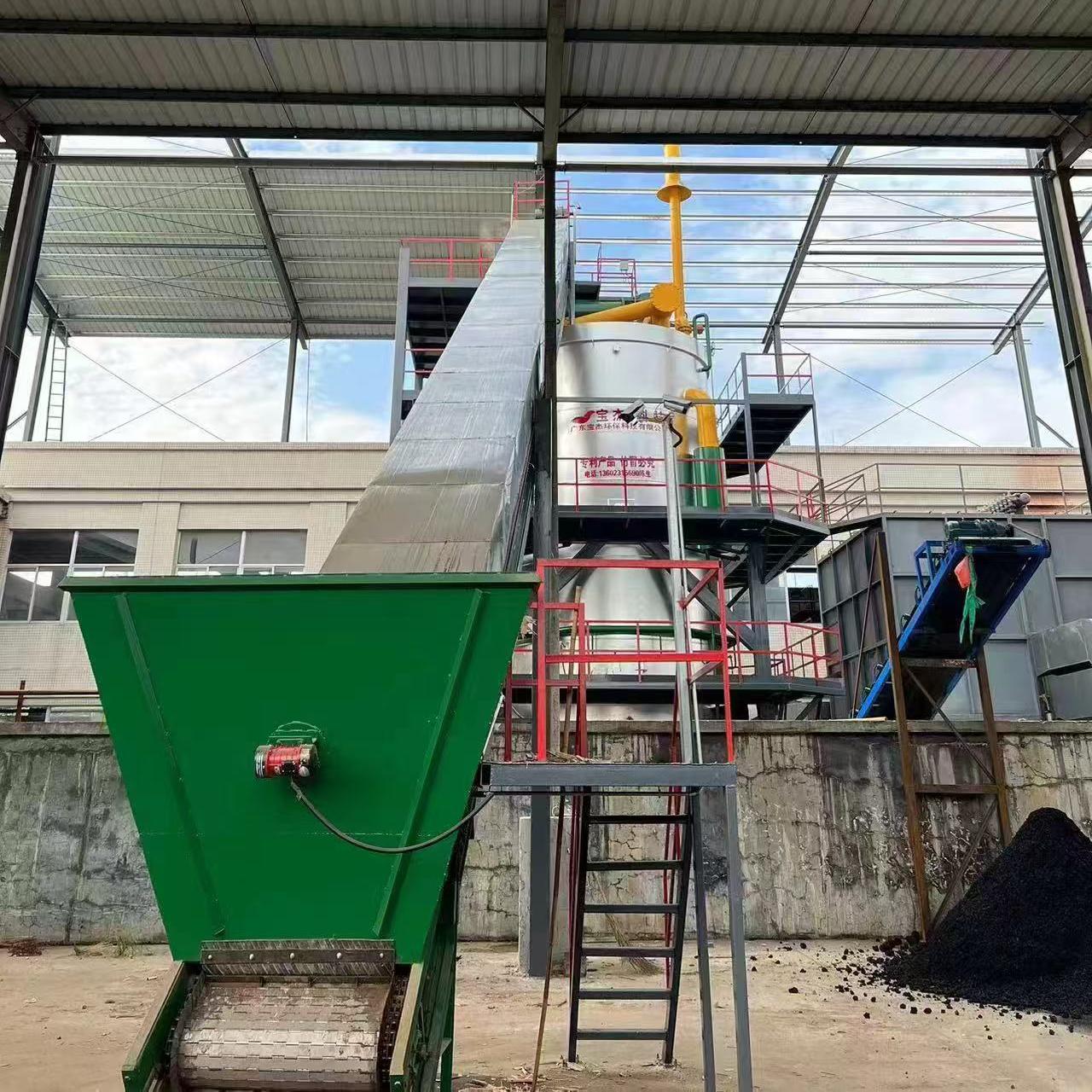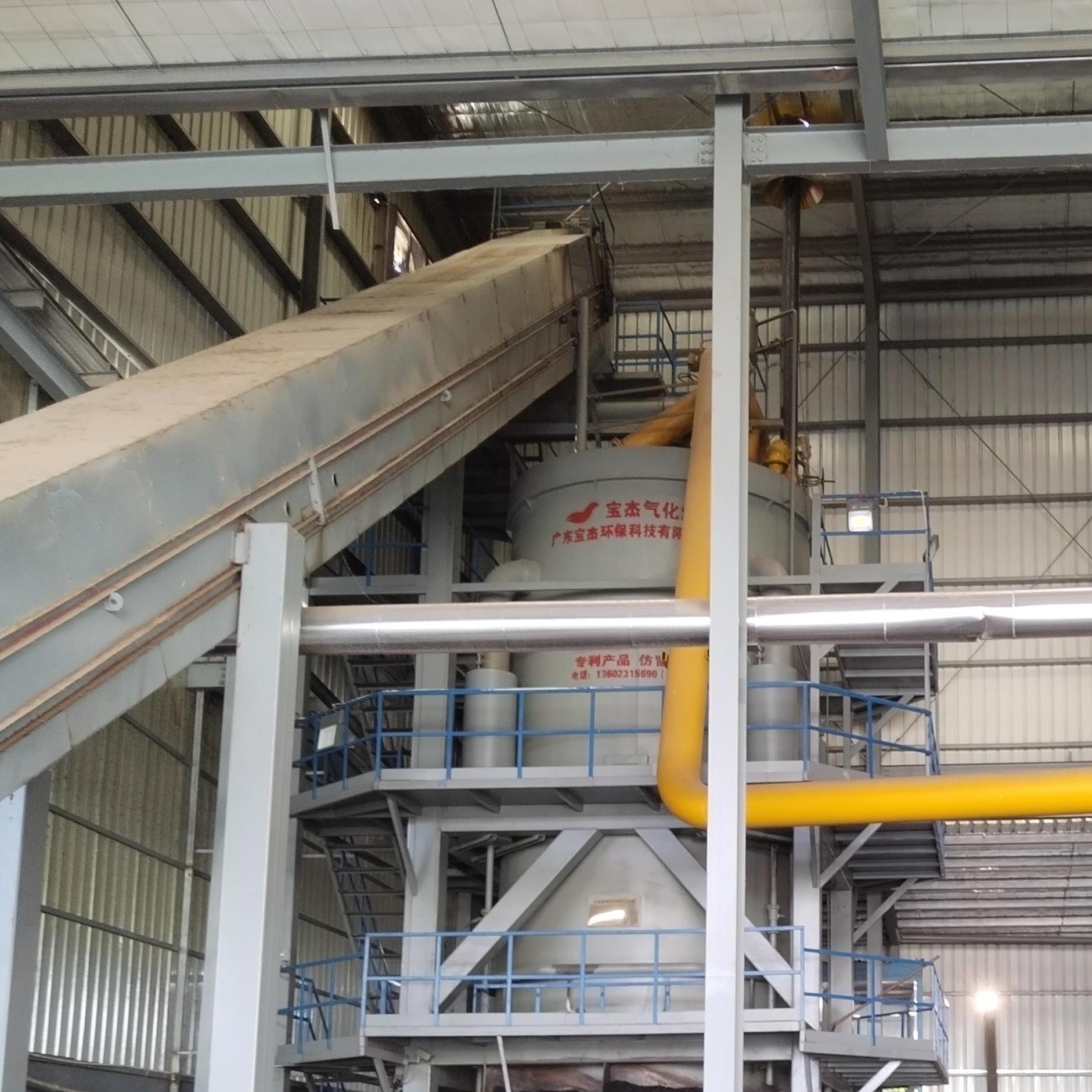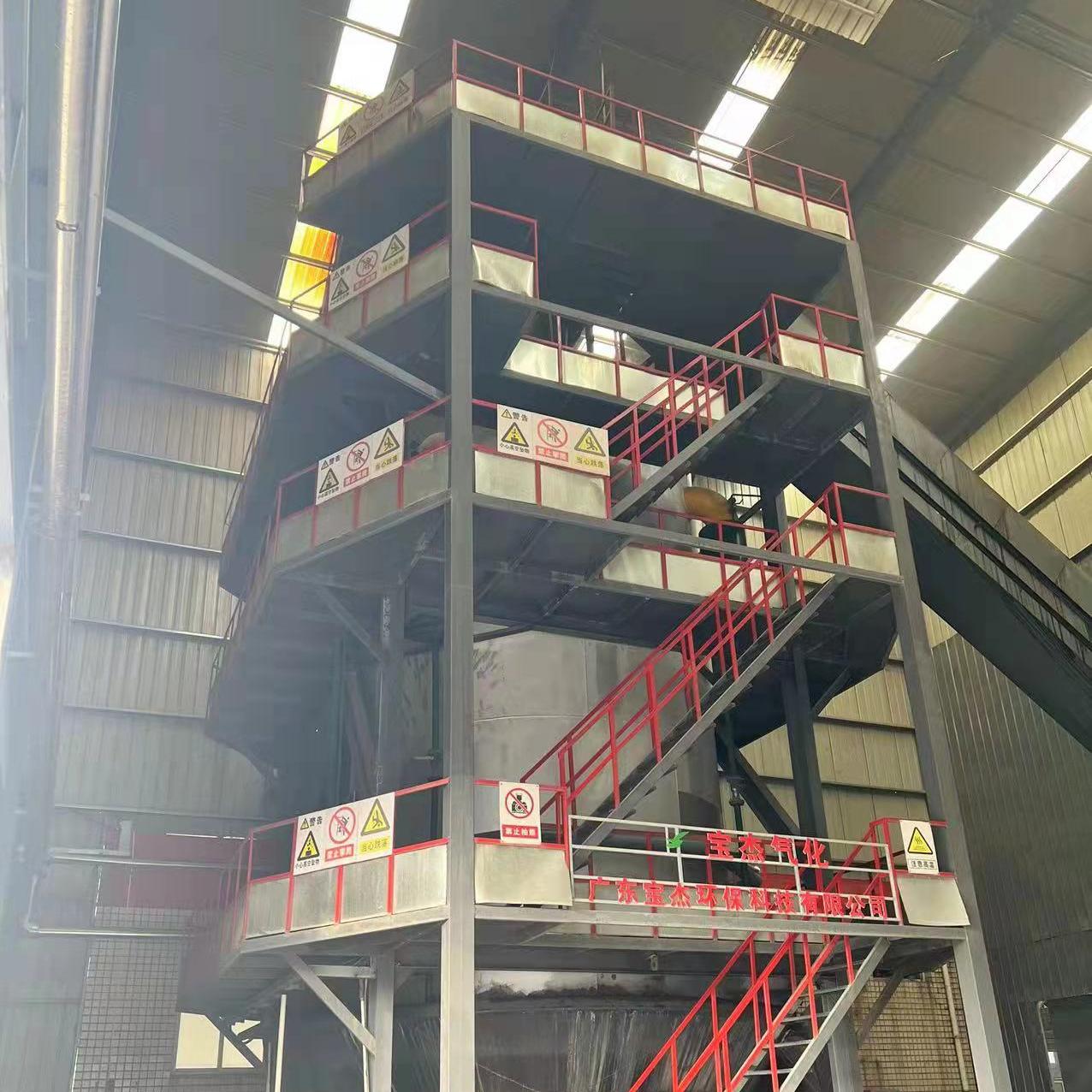R&D and manufacture of biomass gasification equipment, environmental protection equipment, boiler equipment, investment in heating (steam) energy operation and management.
Tel:+86 0769-82928980
E-mail:[email protected]
Web Menu
Product Search
Exit Menu
Industry News
What are the requirements for the combustion efficiency of the Gas Boiler in terms of fuel quality and fuel purity?
Gas boilers are widely used in industrial, commercial and residential heating fields. Their combustion efficiency directly affects energy utilization, operating costs and environmental pollution levels. The improvement of combustion efficiency depends not only on the design and operation of the boiler, but also on the purity of the fuel used. Fuel purity plays a key role in ensuring the efficient, safe and environmentally friendly operation of gas boilers. This article will discuss in detail the requirements of fuel purity for the combustion efficiency of gas boilers, covering aspects such as sulfur content, impurity content, moisture content and methane content in the fuel.
Sulfide in the fuel will generate sulfur dioxide (SO₂) during combustion. Sulfur dioxide combines with water vapor to form sulfuric acid, which causes serious corrosion to metal parts inside the boiler. In addition, sulfur dioxide is one of the main causes of acid rain, which has adverse effects on the environment and human health. Sulfide can also lead to incomplete combustion and carbon deposition, further reducing combustion efficiency.
In order to improve combustion efficiency and extend boiler life, the sulfur content in the gas should be as low as possible. Generally, the standard for sulfur content in natural gas is below 5 ppm (parts per million). Low sulfur content can significantly reduce the generation of acidic gas, reduce the risk of corrosion, and reduce pollutant emissions, meeting strict environmental protection requirements.
Impurities in the fuel (such as dust, heavy metals, sulfides, nitrides, etc.) will form incombustible residues or carbon deposits during the combustion process, blocking the burner and heat exchanger, and hindering the effective transfer of heat. This not only reduces the combustion efficiency, but also may cause overheating, damage or reduced efficiency of the boiler. In addition, the presence of impurities will increase the wear of the equipment and increase maintenance costs.
High-purity natural gas should have a very low impurity content, which should generally be kept at an extremely low level to ensure clean and complete combustion. The use of high-quality fuel can reduce the maintenance requirements of the equipment and extend the service life of the boiler while maintaining high thermal efficiency and stability.
The moisture in the fuel will absorb a lot of heat for evaporation during the combustion process, which will significantly reduce the actual calorific value of the fuel and reduce the thermal efficiency of the boiler. Fuel with high moisture content not only increases energy consumption, but may also lead to incomplete combustion, produce more unburned substances, and affect the environment. In addition, the moisture in the fuel may condense inside the boiler, causing corrosion or scaling, further affecting the performance and life of the equipment.
The moisture content in the fuel gas should be as low as possible, ideally less than 100 ppm. Keeping the moisture content low can increase the effective calorific value of the fuel, ensure a more efficient combustion process, and reduce the risk of corrosion and scaling inside the boiler.

Generally speaking, the methane content in natural gas should reach more than 85% to ensure high calorific value and high combustion efficiency. Fuels with lower methane content may require higher fuel volumes to achieve the same heat output, which will reduce the overall efficiency of the system and increase operating costs.
The purity of the fuel directly affects the completeness of combustion. High-purity fuels can fully react with oxygen during the combustion process to produce complete combustion products such as carbon dioxide and water, thereby converting as much chemical energy in the fuel into heat energy as possible. Low-purity fuel may contain a large amount of non-combustible impurities, resulting in incomplete combustion, carbon monoxide, soot and other unburned substances, which not only wastes fuel but also increases the difficulty of equipment maintenance.
Thermal efficiency is an important performance indicator of gas boilers, representing the ability of the boiler to convert the chemical energy of the fuel into thermal energy. Using high-purity fuel can reduce the deposition of non-combustible substances and the pollution of heat exchange surfaces, ensuring that heat can be efficiently transferred to the medium that needs to be heated. Fuels with low impurity content can reduce the frequency of equipment cleaning and maintenance, so that the boiler can maintain efficient operation for a longer time.
The emissions of gas boilers mainly include carbon dioxide, water vapor and a small amount of nitrogen oxides (NOx). High fuel purity means fewer harmful emissions generated during the combustion process. In particular, low-sulfur fuel can significantly reduce sulfur dioxide emissions and reduce the risk of acid rain and air pollution. Fuels with high methane content help reduce the generation of unburned substances and further reduce negative impacts on the environment.
Using high-purity fuel can not only improve combustion efficiency, but also extend the service life of gas boilers. Low-sulfur, low-impurity fuels reduce corrosion and wear of boiler internal components, reduce carbon and coking, and reduce dirt deposition on heat exchange surfaces. These factors work together to reduce boiler maintenance requirements and extend equipment life, thereby reducing operating costs.
In order to meet fuel purity requirements, fuels can be pretreated before use. For example, impurities and moisture in natural gas can be removed through processes such as desulfurization, dehydration, and filtration. Desulfurization equipment can effectively reduce the sulfur content in natural gas and avoid the formation of acidic gases. Drying equipment can reduce the moisture content of fuel and ensure the high calorific value of fuel. In addition, filters can remove solid particles from fuel and reduce the formation of carbon deposits during combustion.
Fuel purity has a vital impact on the combustion efficiency of gas boilers. High-purity fuel can not only improve the thermal efficiency of the boiler, but also extend the service life of the equipment, reduce maintenance costs, and significantly reduce environmental pollution. In order to achieve the best performance of the gas boiler, the sulfur content, impurity content, moisture content and methane content in the fuel must be strictly controlled. Through fuel pretreatment, selection of high-quality fuel suppliers and strengthening of fuel system monitoring and maintenance, the high purity of the fuel can be effectively ensured, thereby achieving efficient, safe and environmentally friendly operation of the boiler.
Quick Links
Products
contact Us
 Tel: +86 0769-82928980
Tel: +86 0769-82928980 Fax: [email protected]
Fax: [email protected] E-mail: [email protected]
E-mail: [email protected] Company Address: Dalang Chamber of Commerce Building, No. 288 Yinlang South Road, Dalang Town, Dongguan City 13333, China
Company Address: Dalang Chamber of Commerce Building, No. 288 Yinlang South Road, Dalang Town, Dongguan City 13333, China Factory Add:
West side of Centre Road and south side of Zhongyuan Road within Hongcaoyuan, Hongcao Town, Shanwei Urban District
Factory Add:
West side of Centre Road and south side of Zhongyuan Road within Hongcaoyuan, Hongcao Town, Shanwei Urban District
Copyright© 2022 Guangdong Bao Jie Technology Co., Ltd.All Rights Reserved.


 EN
EN 